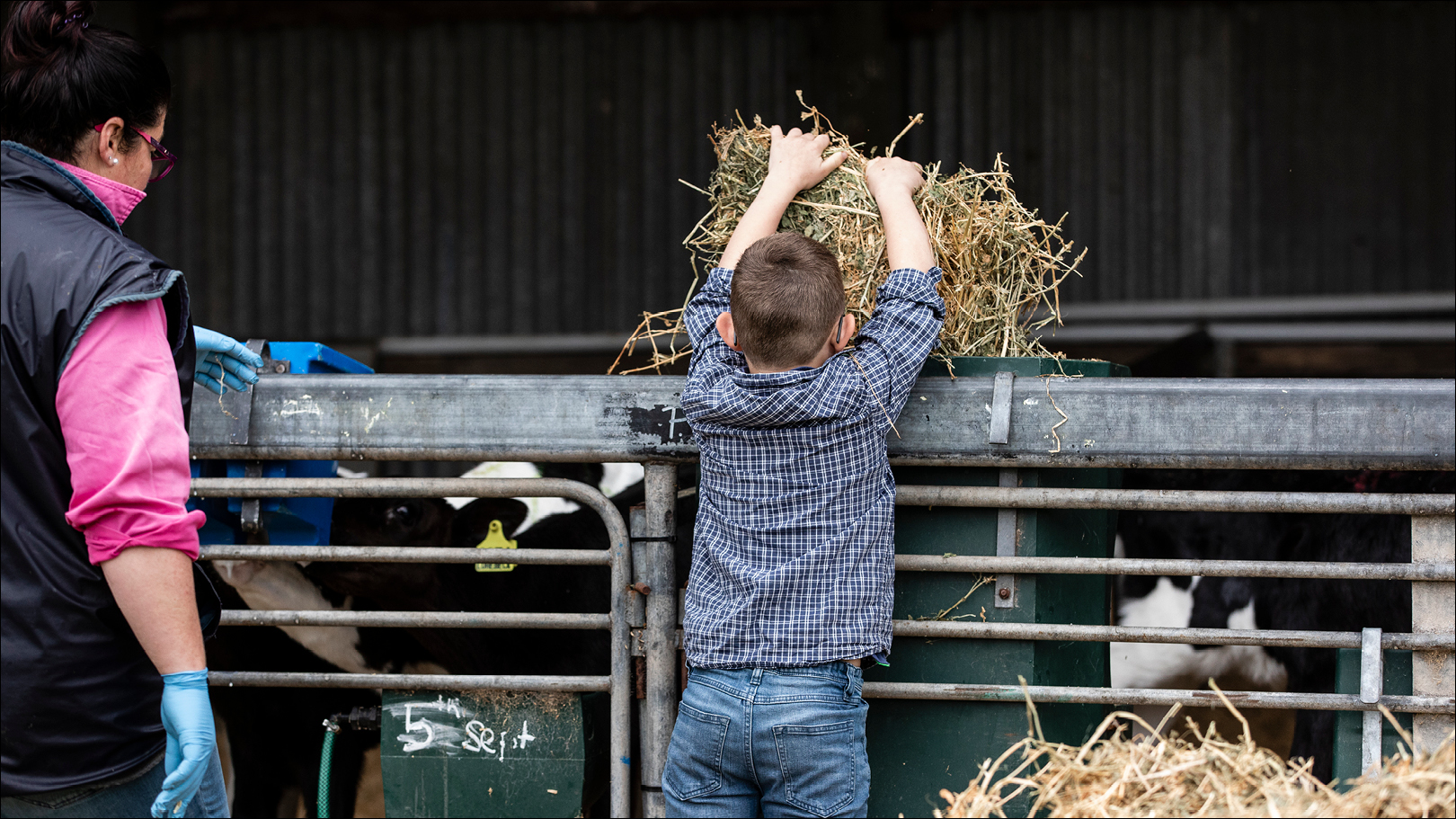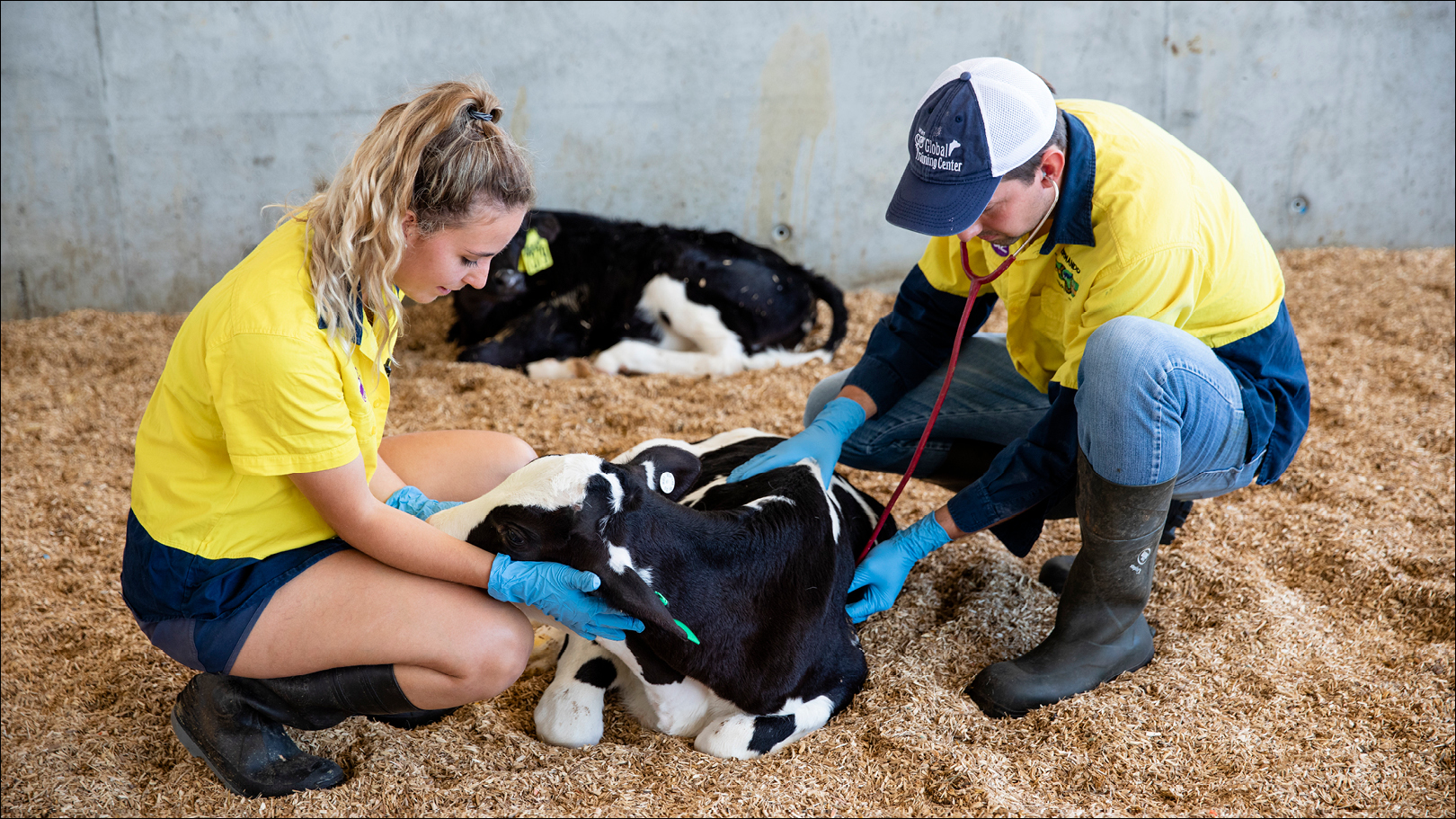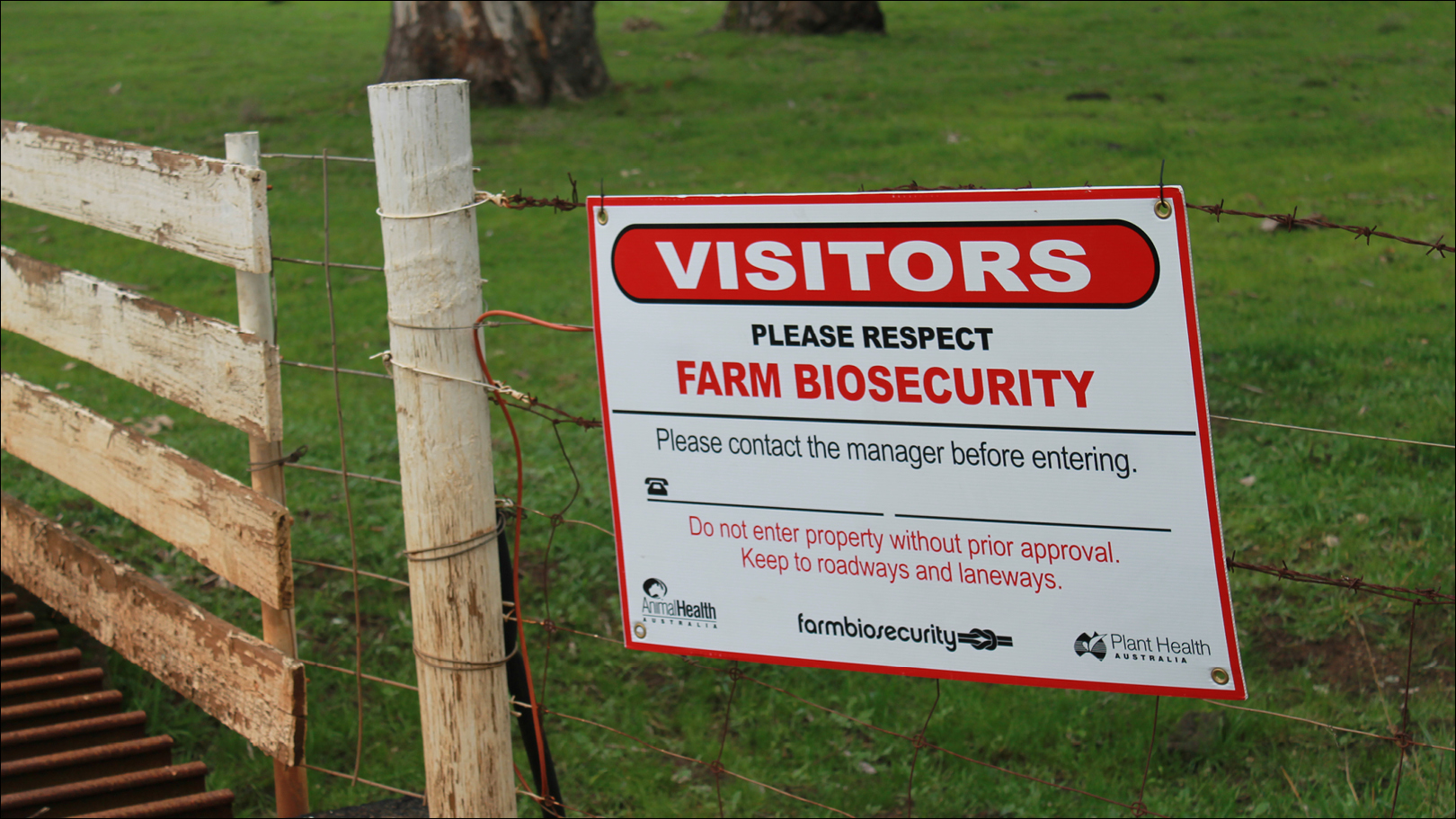Feedback
How do you think our industry is tracking on best care for animals?
In 2018, our commitment to dairy sustainability was strengthened by using a fourth pillar; striving for health, welfare and best care for all our animals throughout their life. It is our commitment to recognise community standards around how our industry adopts welfare practices that improve conditions and health issues affecting our farm animals.
The health and wellbeing of animals is critical to the Australian dairy industry. Appropriate care for our animals is essential not only to the success of every farming business, but our moral responsibility. It is an expectation of our customers and stakeholders.
The Dairy Matters communications approach being implemented by Dairy Australia is highlighting the industry’s values and standards and recognising public expectations and values.
Preventative health, care of calves, biosecurity, antimicrobial stewardship are all priorities of the Australian dairy industry.
Our challenge is to continue to improve our practices and report transparently on how we are progressing and where we need to do more to ensure we maintain and enhance community trust in how dairy products are made.

Animal health and wellbeing remains a key focus for the industry. The 2019 Genetics and Animal Husbandry Survey provides the latest data on farm practices, including practices that are no longer supported and being phased out by the industry. The survey indicates improved performance trends in animal welfare practices across the industry.
How we performed in 2019:
These initiatives are driving change in providing best care for all our animals.
The ADF’s Policy Advisory Group (PAG) aims to maintain and improve Australia’s animal health and welfare system, as well as the industry’s emergency response capability, through cooperative programs aligned with other industries and governments.
The guidelines have been adopted by the dairy industry who advocate that they must be met by all dairy farmers. They cover the full range of on-farm management practices for cows and their welfare considerations.
Regular workshops are held on lameness, healthy calves, rearing newborn and young stock, fertility programs, low stress calving, humane euthanasia of livestock and many more areas.
All farms must have a biosecurity plan to meet the dairy sector’s commitment to Emergency Animal Disease Response Arrangements (EADRA). Dairy Australia and Agriculture Victoria have developed a Biosecurity Plan Tool to assist producers develop dairy specific biosecurity plans.
The year-long Countdown MQ (Milk Quality) course upskills all dairy advisors (veterinarians, dairy company and other field services officers and milk machine technicians) in milk quality investigations and on-farm communication to change practices on farm, including promoting responsible antimicrobial use.
This tool assists farmers and their veterinarians avoid blanket herd treatment by adopting selective treatment of cows with antibiotic therapy through the dry period.
Dairy Australia’s Cool Cows program contains practical information on how to reduce the impact of high temperatures on cow productivity with practical advice on providing cooler conditions.
DataGene has developed a new Australian Breeding Value for heat tolerance, which allows farmers to breed animals with improved tolerance to hot, humid conditions - a characteristic that is likely to become increasingly important in warming climate and can also have benefits for animal welfare.
This report enables dairy farmers, advisors and organisations to effectively keep track of udder health in the herd, assess key mastitis management areas and detect emerging problem increasingly important in warming climate and can also have benefits for animal welfare.

An initiative for upskilling dairy professionals to deliver higher quality reproduction services to farmers is helping to lift performance in Australia’s dairy herds.

A new online tool that enables dairy farmers to build their skills and adapt their management Dairy Australia technical and innovation manager Dr John Penry said it is essential for all farms to have a biosecurity plan to manage disease risk.
“The biosecurity tool allows dairy farmers to manage their risks around 14 separate diseases such as salmonella and BVD.”
For each disease, dairy farmers can identify control measures under the seven categories of stock movements, herd health, farm inputs, visitors, effluent and waste, neighbours and dead animals.
Agriculture Victoria development specialist Dr Sarah Chaplin said the new online tool would help farmers understand how to manage their own biosecurity risks.
Focused control measures have a better cost-benefit ratio than blanket application of all possible control measures.
How do you think our industry is tracking on best care for animals?